Tags
ADHD adolescence attention book review boundary conditions classroom advice conference speakers constructivism/direct instruction creativity desirable difficulty development dual coding education elementary school embodied cognition emotion evolution executive function exercise experts and novices gender high school homework intelligence long-term memory math methodology middle school mindfulness Mindset motivation neuromyths neuroscience online learning parents psychology reading retrieval practice self-control skepticism sleep STEM stress technology working memoryRecent Comments
- Understanding Test Anxiety on Test Anxiety: How and When Does It Harm Students?
- A Skeptic Converted? The Benefits of Narrative |Education & Teacher Conferences on Help Me Understand: Narrative Is Better than Exposition
- Debate #4- Cell phones be banned from the classroom. | Aradhana's blog – ECI830 on Cell Phones in the Classroom: Expected (and Unexpected) Effects
- The Rare Slam Dunk? Blue Light Before Bed |Education & Teacher Conferences on “Writing By Hand Fosters Neural Connections…”
- Andrew Watson on “You Can Find Research that Proves Anything”
ABOUT THE BLOG
Monthly Archives: September 2017
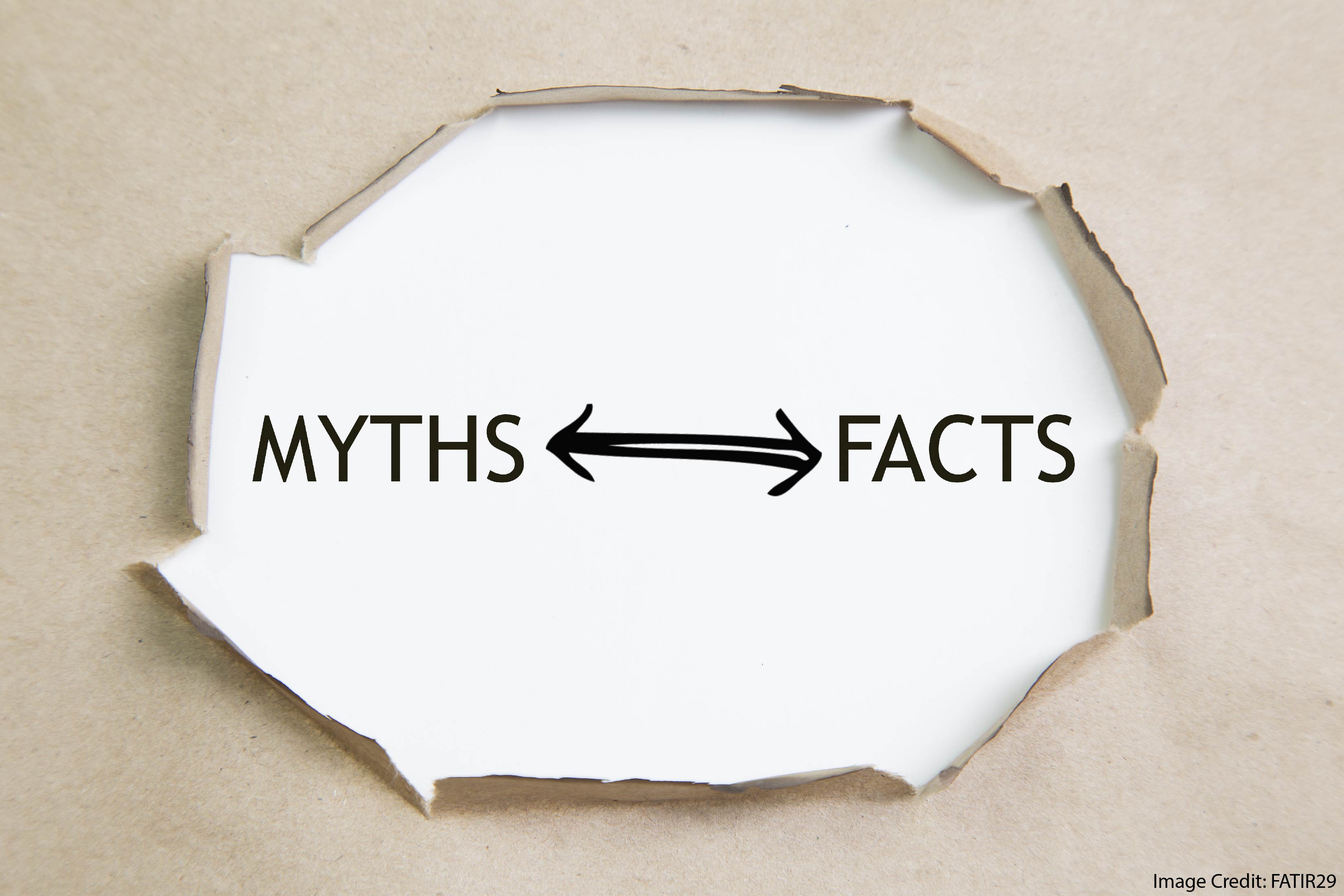
Neuroscience and Neuromyths
Does neuroscience education help reduce a teacher’s belief in neuromyths? According to this recent study:…

Parents, High School Start Times, and Sleepy Teens
Research findings that support later high-school start times have been more and more common in…
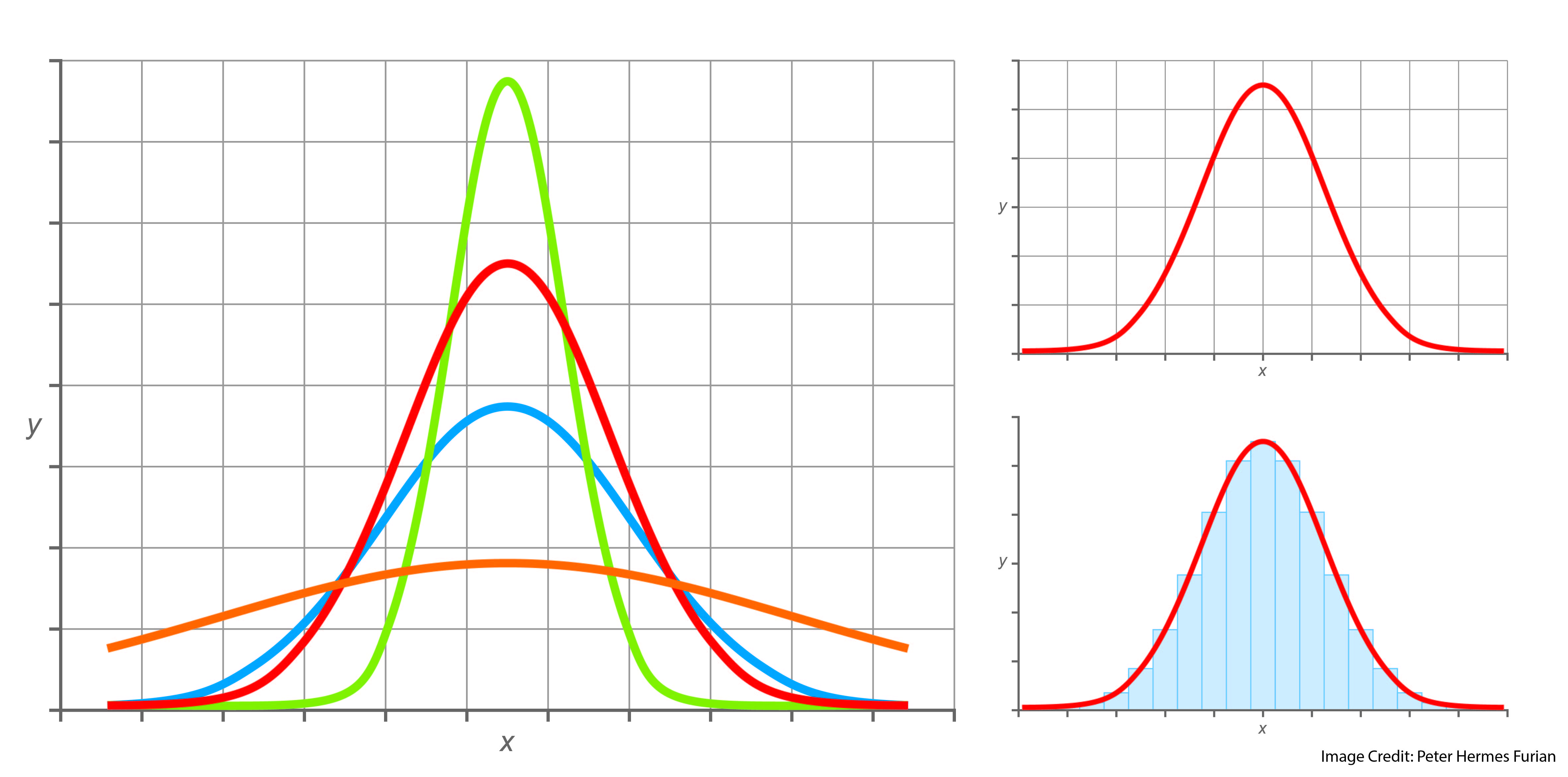
More Thoughts on Gender Differences
Regular readers of this blog know that I’m a skeptic about gender differences in learning….

Decisions, Decisions: Helping Students with Complex Reasoning
Most of us have heard the adage about the two ways that someone can get…

The Effect of Alcohol on Learning…
…might not be what you’d expect. My prediction would have been that if I have…
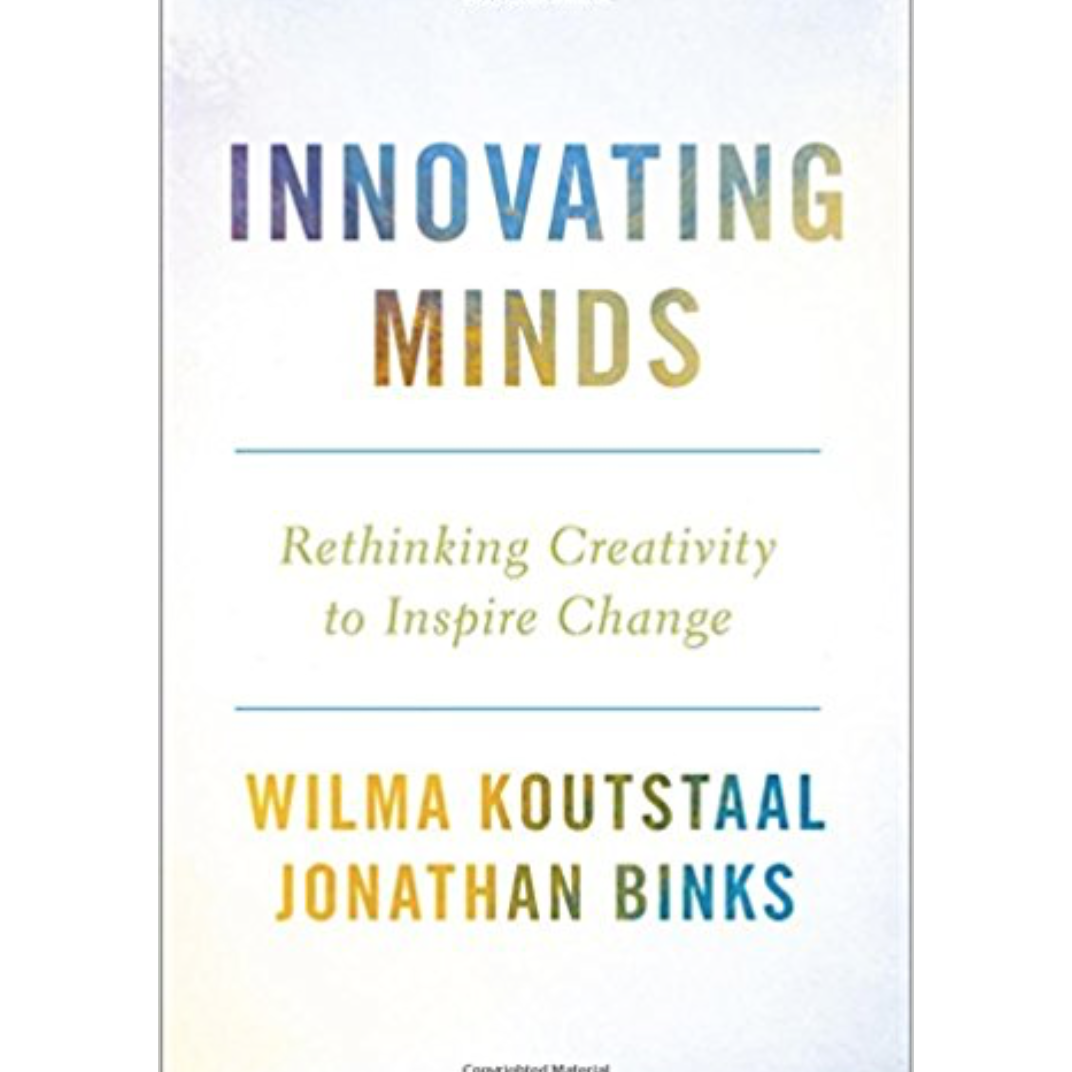
Innovating Minds: Rethinking Creativity to Inspire Change by Wilma Koutstaal...
How can creativity and innovation give rise to positive changes in ourselves and the world…
Posted in Book Reviews
1 Comment
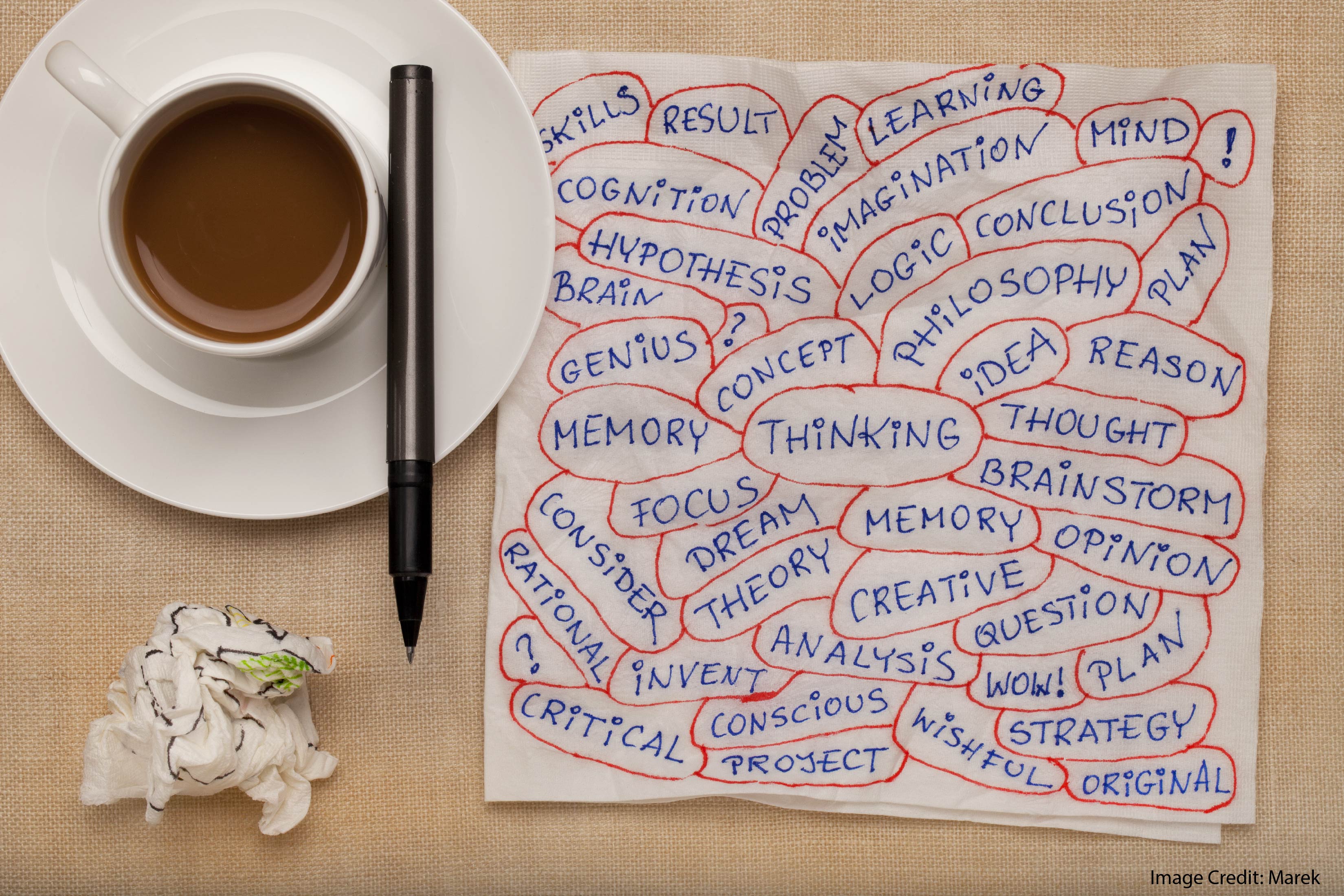
Criticizing Critical Thinking
Over at Newsweek, Alexander Nazaryan wants to vex you. Here’s a sample: Only someone who…
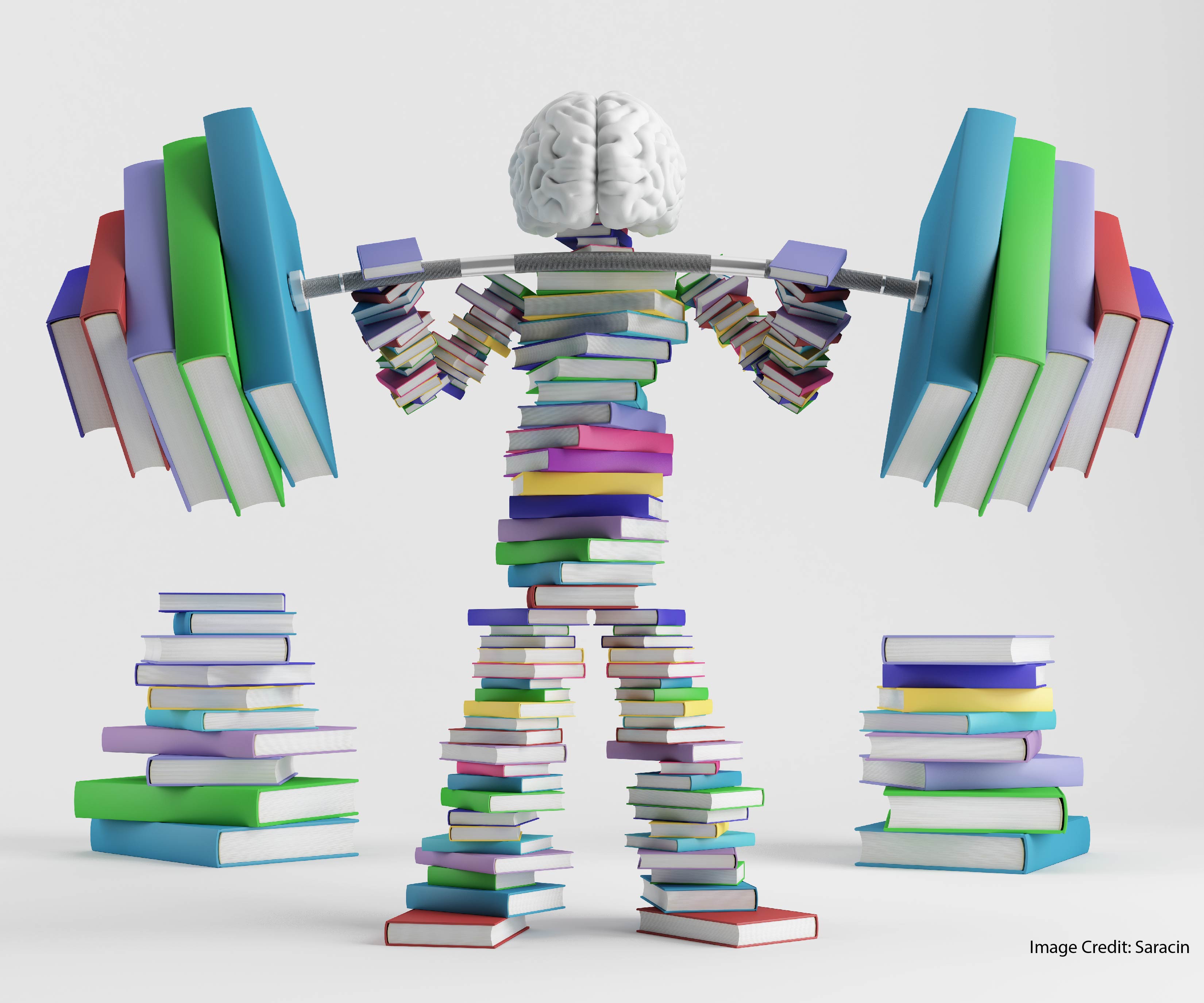
Lighten the Load
You’d like an 8 page summary of Cognitive Load Theory, written in plain English for…

How Best to Count
Should young children count on their fingers when learning math? You can find strong opinions…
Resources for “Desirable Difficulties”
Here on the blog, we write a lot about desirable difficulties: that elusive middle ground…
